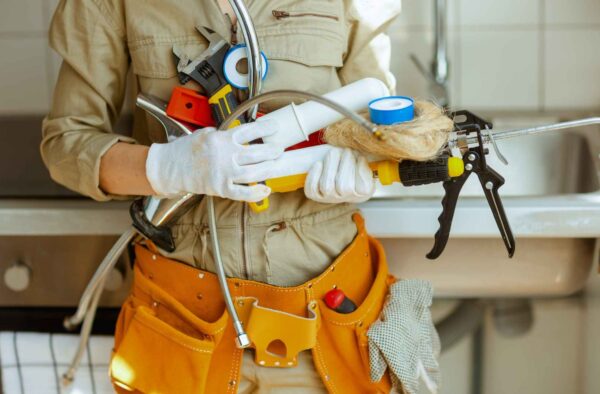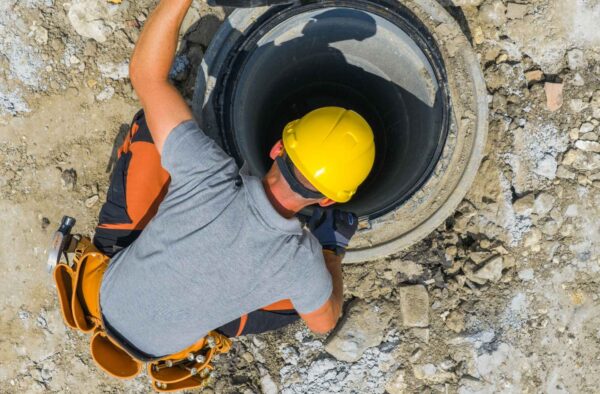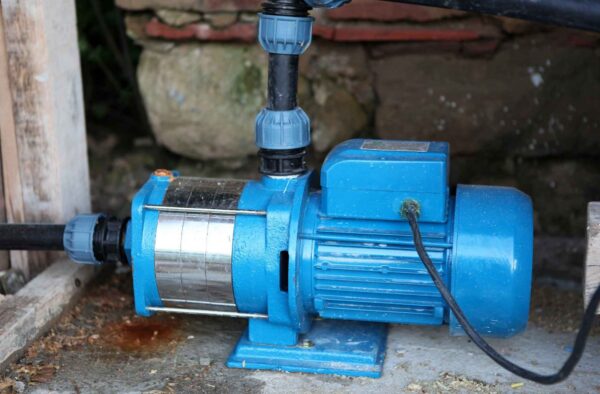How Long Do Water Heaters Last? Lifespan, Warning Signs & Tips
Your water heater is one of the most essential appliances in your home, quietly delivering hot water for showers, dishwashing, and laundry every day. But like all equipment, it has an expiration date. If you’ve had your current unit for a while, you may be wondering: How long do water heaters last?
On average, traditional tank water heaters last 8 to 12 years, while tankless models can reach 15 to 20 years with proper maintenance. But lifespan isn’t the only thing that matters. Usage patterns, water quality, installation quality, and maintenance habits all play a role in determining how long your water heater will keep functioning efficiently.
This guide breaks down what influences water heater lifespan, signs that it’s time to replace your unit, how to make your system last longer, and when to call in a professional for help.
Average Lifespan by Water Heater Type
Understanding the lifespan of your water heater starts with knowing which type you own. Each style, gas, electric, or tankless, has a different design, energy usage pattern, and expected longevity.
Most water heaters last 8 to 12 years, but some models can exceed 15 to 20 years with proactive maintenance and favorable conditions.
Tank Water Heaters
Tank-style heaters are the most common. These stores constantly heat water in a storage tank, keeping it ready when you open the faucet. Typically, gas water heaters last 8–10 years, while electric water heaters may last closer to 10–12 years.
They tend to wear out faster due to constant heating, sediment buildup, and exposure to corrosive elements like hard water minerals.
Tankless Water Heaters
Tankless models don’t store water; instead, they heat it on demand. This design reduces internal wear and can lead to a longer lifespan, around 15 to 20 years.
However, tankless heaters do require more consistent maintenance, particularly in areas with hard water, where mineral content can clog valves and reduce efficiency.
Lifespan Comparison Table:
| Water Heater Type | Average Lifespan | Efficiency Rating | Maintenance Level |
|---|---|---|---|
| Gas (Tank) | 8–10 years | Moderate | Medium |
| Electric (Tank) | 10–12 years | Moderate | Low |
| Tankless | 15–20 years | High | High |
What Affects the Life of a Water Heater?
Water heaters don’t fail at the same age for everyone. Several factors influence how long your unit lasts, and many of them are within your control.
Water heater life expectancy is determined by a combination of quality, installation, maintenance, and environmental conditions.
Key factors include:
- Water Quality: Homes with hard water see faster deterioration due to sediment buildup and mineral scaling.
- Usage Patterns: A large household using hot water throughout the day wears down the unit faster than a one-person household.
- Tank Size & Heating Cycles: Undersized units may overwork, causing premature failure due to frequent cycles.
- Installation Quality: Poor installation or misaligned plumbing can stress the system early on.
- Maintenance Habits: Ignoring flushing, anode rod replacement, and system inspections reduces efficiency and accelerates wear.
Poor water quality in areas like Fairfield County, CT, can introduce high levels of calcium or iron into the system. These minerals settle in the tank and harden, making the heating elements work harder and potentially leading to overheating or failure.
7 Warning Signs You Need a New Water Heater
No water heater lasts forever. But how do you know when it’s time to replace it rather than repair it? Certain symptoms are strong indicators that your unit is either near or beyond its expected lifespan.
Leaking tanks, rusty water, and inconsistent temperatures often point to a failing or expired water heater.
Look for these signs:
- Rusty or Discolored Water: If you notice a brown or red tint from your hot water tap, corrosion in the tank may have begun.
- Leaking Around the Base: Water pooling near the heater usually means internal cracking or pressure valve failure.
- Strange Noises: Popping noises or banging sounds are caused by sediment hardening and interfering with heating cycles.
- Inconsistent Water Temperature: If your water swings from hot to cold unpredictably, your thermostat or heating element may be malfunctioning.
- Hot Water Runs Out Quickly: Older units often lose storage capacity and heating speed.
- Spiking Energy Bills: Older units become less energy efficient, especially with sediment buildup.
- Over 10 Years Old: Most heaters start failing after a decade, even if outward signs are minor.
If you notice two or more of these symptoms, especially combined with an aging unit, it’s best to schedule a professional water heater inspection or replacement consultation.
Can a Water Heater Last 20 Years?
While 20 years may seem like a stretch, some homeowners do get that much life from their water heaters, though it’s the exception, not the rule.
Tankless water heaters and exceptionally well-maintained units may reach or exceed 20 years, but most tank-style heaters do not.
You’re more likely to hit this mark if:
- You’ve flushed the tank annually
- You’ve had the anode rod replaced every 3–5 years
- Your home has a water softener system
- You’ve avoided high-demand overuse
- Your unit was installed by a licensed professional
However, aging units may still become less efficient, drive up energy bills, or become a liability due to potential leaks. Even if your unit is technically working after 15 years, it may not be operating at its safest or most cost-effective level.
Tips to Extend the Life of Your Water Heater
Most homeowners don’t think about their water heater until something goes wrong. But a little proactive maintenance can go a long way toward protecting your investment.
With proper care, you can significantly extend the life of your heater, reduce energy costs, and avoid emergency breakdowns.
Here are effective strategies:
- Flush the Tank Annually: This removes sediment buildup and helps maintain heating efficiency.
- Check and Replace the Anode Rod: This sacrificial metal piece attracts corrosive elements, preventing tank rust.
- Install a Water Softener: Reduces mineral content in areas with hard water.
- Lower the Thermostat: Set your heater to 120°F to reduce strain and energy use.
- Test the Pressure Relief Valve: Ensures the tank releases excess pressure safely.
- Schedule Annual Inspections: Licensed plumbers can detect early signs of wear and prevent water damage.
All State Plumbing Pros recommends scheduling a yearly maintenance check, especially for homeowners with high demand or older units nearing 8–10 years of use.
When to Call a Professional
Some issues are DIY-friendly. But when your heater is leaking, not producing hot water, or tripping your breaker, it’s time to bring in an expert.
If your existing unit is older than 10 years or showing multiple signs of wear, a licensed plumber can help you evaluate whether repair or replacement is the better long-term solution.
All State Plumbing Pros provides 24/7 water heater repair and replacement services throughout Fairfield County, CT, and Westchester County, NY. Our licensed team can inspect your unit, check for installation flaws, and help you select a more energy-efficient model if needed.
Whether you’re dealing with pilot light issues, faulty valves, or a full system failure, we’re here to restore your comfort quickly and cleanly.
Conclusion
So, how long do water heaters last? It depends on your system type, installation quality, water conditions, and how well you’ve cared for it. For most homeowners, 8–12 years is the expected range, unless you’re proactive with preventive maintenance and own a tankless model.
If your heater is showing signs of aging or underperforming, don’t wait for a total failure. Contact All State Plumbing Pros to schedule a professional evaluation or explore energy-efficient upgrade options. We’re here 24/7 to keep your water flowing hot and your home safe.
FAQs
How do I know when my water heater needs replacing?
Common signs include rusty water, leaks around the base, strange noises, or water that doesn’t stay hot. If your heater is over 10 years old and experiencing any of these issues, it may be time to replace it. A professional inspection can confirm whether the repair is still feasible.
Can a water heater last 20 years?
While rare, some tankless water heaters and well-maintained electric models can last 20 years. However, most tank water heaters should be replaced between 8 and 12 years to avoid breakdowns, leaks, or rising energy costs.
What is the average life of a water heater?
The average lifespan of a water heater is 8 to 12 years for tank-style units. Tankless water heaters generally last 15 to 20 years, especially with regular maintenance and clean water conditions.
How can I tell if my water heater is expired?
You can check the serial number on the unit to determine its manufacturing date. Beyond that, signs like discolored water, noisy operation, frequent repairs, or reduced hot water supply indicate it may be nearing the end of its usable life.



